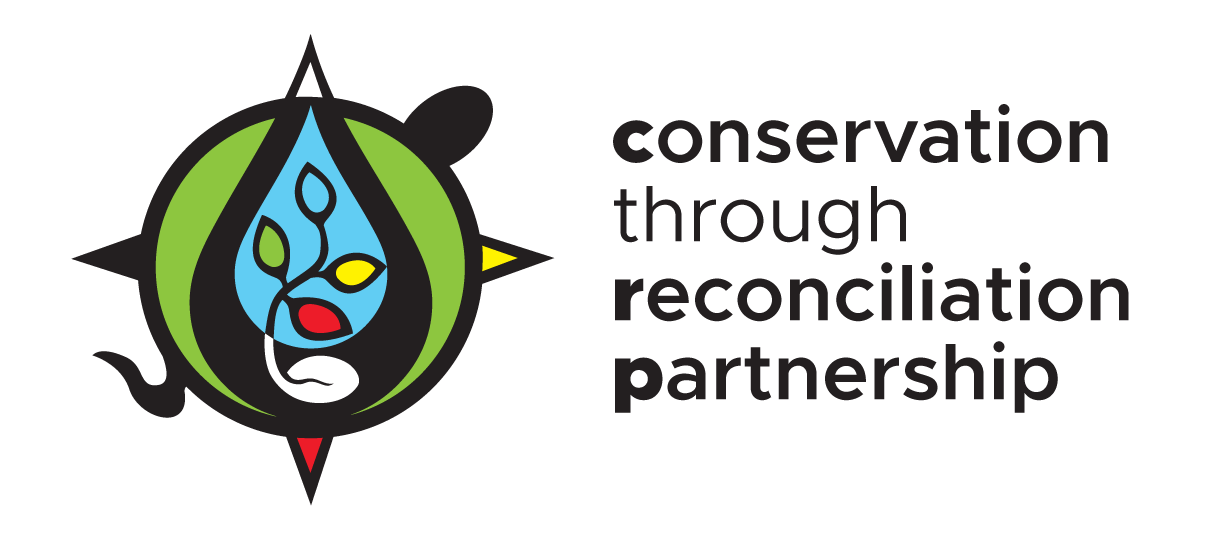National Protected Areas: Relationships and Co-Management
By Kai Bruce, Master’s Candidate, Concordia University.
April 26, 2021
I’m a master’s student based in Whitehorse, Yukon studying virtually at Concordia University. Throughout the past six months, I’ve been extraordinarily fortunate to divide my time between my laptop and working as an outdoor educator with local youth.
The opportunity to be out on the land on a daily basis and ground academic conversations about reconciliation and conservation issues in the field has added a deeply important dimension to my life as a student. I would like to extend my gratitude to Ta’an Kwäch’än Council and Kwanlin Dün First Nation, the stewards of these lands, and acknowledge my privilege to continue to live and work on these lands throughout the pandemic.
Ski/quinzhee trip in Tàa'an Män (Lake Laberge) on Ta'an Kwäch'än Council territory. (Photo by Kai Bruce)
This blog entry is a reflection on my research thus far. I hope that it provides a glimpse into one aspect of the ongoing work of the Conservation through Reconciliation Partnership. There are three central questions that motivate my work:
What efforts are underway by Parks Canada Agency to fulfill its commitments to reconciliation and renewed relationships with Indigenous peoples?
Are these efforts responsive to the demands of Indigenous peoples?
How well are these commitments reflected in the relationships between Parks Canada and local Indigenous communities?
An important approach to reconciliation for non-Indigenous folk is to learn to listen, build meaningful relationships and actively reflect on our own unsettling (Source). However, I have come to learn that reconciliation does not carry much weight in the absence of systemic and structural transformation – namely land restitution.
As Unangax̂ scholar Eve Tuck reminds us, decolonization isn’t just a metaphor to be thrown around lightly – it is fundamentally about Indigenous sovereignty, self-determination and access to land. But within our current legal system, it is an unequivocal reality that the state is unable, if not unwilling, to relinquish its claim of ownership over the land (Source). So, as we continue to talk about Land Back in our journey forward, what will happen to the reconciliation and relationship-building that has been achieved within our current system?
In national protected areas (national parks, national park reserves, national marine conservation areas and national historic sites), current Indigenous-state relationships are mediated through co-management arrangements (the sharing of technical and administrative roles). However, Parks Canada has set a higher bar for themselves in their recent commitments to reconciliation and a shift towards shared governance models.
More than 69 percent of federal Crown land is currently administered by Parks Canada and Indigenous partners through some form of advisory relationship or co-management agreement (Source). As we have seen in inspiring cases such as Gwaii Haanas and the Thaidene Nëné National Park Reserve, there is a strong potential for park agreements to recognize Indigenous law and authority while honouring the spirit and intent of Treaty.
What is required in the meantime is a deeper engagement to improve the practices of reconciliation and relationship-building in parks by ensuring today’s management arrangements align with Indigenous aspirations across the entire national park system. While inspiring stories are emerging from Canada’s Indigenous Protected and Conserved Areas (IPCAs) movement (see Indigenous Leadership Initiative or IISAAK OLAM Foundation) as well as across the national park network, we must continue to actively steward the current relationships between Parks Canada Agency and Indigenous peoples elsewhere.
To this end, I suggest a deeper exploration of co-management and co-governance between Indigenous peoples and the Crown as a pathway to reconciliation. I aim to take a realist approach to this research by moving beyond the existing debate over co-management to focus on how in fact these agreements are influencing reconciliation and relationship-building in co-managed protected areas.
There has been a general lack of attention paid to understanding Indigenous perspectives on cooperative management agreements and how well these agreements stand to serve the evolving needs of their Indigenous partners over time.
Kusawa Lake in Champagne-Aishihik First Nation and Kwanlin Dün First Nation territory. (Photo by Kai Bruce)
On the one hand, we know that there are certain limits to what co-management can achieve for Indigenous-led conservation under our current legal systems; Indigenous jurisdiction and land restitution are only now entering into political dialogue (Source). On the other hand, the political advances that Indigenous peoples have achieved through co-management since the mid-20th century should not be undervalued. Between these two sides of the co-management story exists a grey zone from which I hope to situate my work.
What I am suggesting is a sort of pragmatic, thrifty approach to co-management in which we can learn to work the system towards more equitable and culturally appropriate outcomes. Ultimately, these outcomes should respond to the needs and desires of Indigenous communities – though one example, among many, could be the sharing of park management roles across all levels.
Under the mounting pressures of the climate crisis and biodiversity loss, we are left with few moments to pause; yet it appears that in our haste to get to higher ground, we are disregarding important steps. Right now, co-management is one of the only players in the game of national park governance (although this is changing as we speak), so what exists now and what more could exist within the current paradigm remain vitally important questions.



